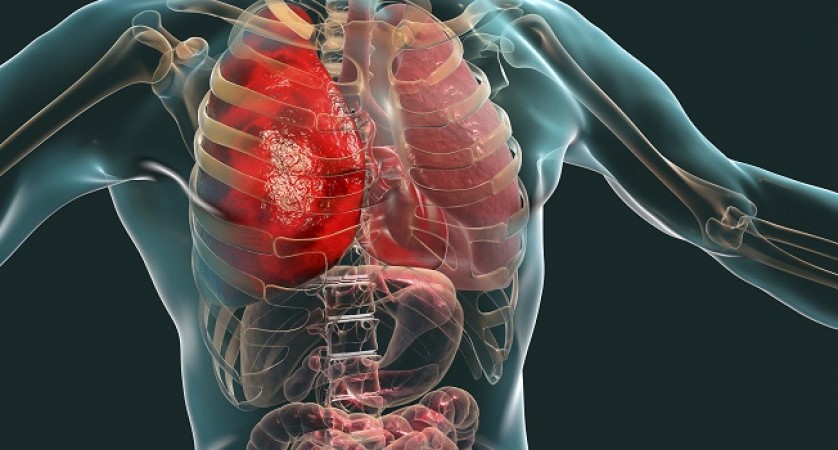
Multiple organ failure (MOF), also known as multiple organ dysfunction syndrome (MODS), is a severe and often life-threatening condition characterized by the progressive failure of two or more organ systems. The sequence of organ failure in MOF can vary depending on the underlying cause and individual patient factors. However, there are certain patterns commonly observed in the progression of this condition.
The Sequence of Organ Failure in Multiple Organ Failure
1. Sequential Failure
In MOF, organ failure typically occurs in a sequential manner, with certain organs failing before others. This sequence may vary, but there are some general patterns that healthcare providers commonly observe.
2. Respiratory Failure
Respiratory failure often manifests as one of the initial signs of MOF. This can occur due to conditions such as acute respiratory distress syndrome (ARDS), pneumonia, or severe sepsis. In MOF, the lungs may fail to oxygenate the blood adequately, leading to hypoxemia and respiratory distress.
3. Cardiovascular Failure
Cardiovascular failure may follow respiratory failure in the progression of MOF. This can manifest as shock, where the heart is unable to pump enough blood to meet the body's demands. Causes of cardiovascular failure in MOF may include septic shock, cardiogenic shock, or hypovolemic shock.
4. Renal Failure
Renal failure often occurs subsequent to respiratory and cardiovascular failure in MOF. This can manifest as acute kidney injury (AKI) or acute renal failure, where the kidneys are unable to adequately filter waste products and maintain fluid and electrolyte balance. Causes of renal failure in MOF may include hypoperfusion, sepsis, or nephrotoxic medications.
5. Hepatic Failure
Hepatic failure may occur concurrently with or following renal failure in MOF. This can manifest as acute liver injury or liver dysfunction, where the liver is unable to perform its vital functions, such as detoxification and synthesis of proteins. Causes of hepatic failure in MOF may include ischemia, sepsis, or hepatotoxic medications.
6. Gastrointestinal Failure
Gastrointestinal failure can also occur in MOF, although it may not always be as prominent as other organ failures. This can manifest as intestinal ischemia, paralytic ileus, or gastrointestinal bleeding. Causes of gastrointestinal failure in MOF may include hypoperfusion, sepsis, or bowel obstruction.
7. Neurological Failure
Neurological failure may occur as a late manifestation of MOF, particularly in cases where there is severe hypoxemia or metabolic derangements. This can manifest as altered mental status, seizures, or coma. Causes of neurological failure in MOF may include cerebral hypoperfusion, metabolic encephalopathy, or intracranial hemorrhage.
8. Chronology of Organ Failure
The chronology of organ failure in MOF can vary depending on the underlying cause, severity of illness, and individual patient factors. However, the sequence described above provides a general framework for understanding the progression of this condition. Multiple organ failure is a complex and life-threatening condition characterized by the sequential failure of two or more organ systems. While the specific sequence of organ failure may vary, there are common patterns observed in the progression of this condition. Understanding the chronology of organ failure in MOF is essential for timely recognition, management, and treatment of this critical condition.
Leave Shimla-Manali! Everyone has failed in front of this hidden place of Himachal!
Where do trains with revolving seats, glass windows and unique coaches run?